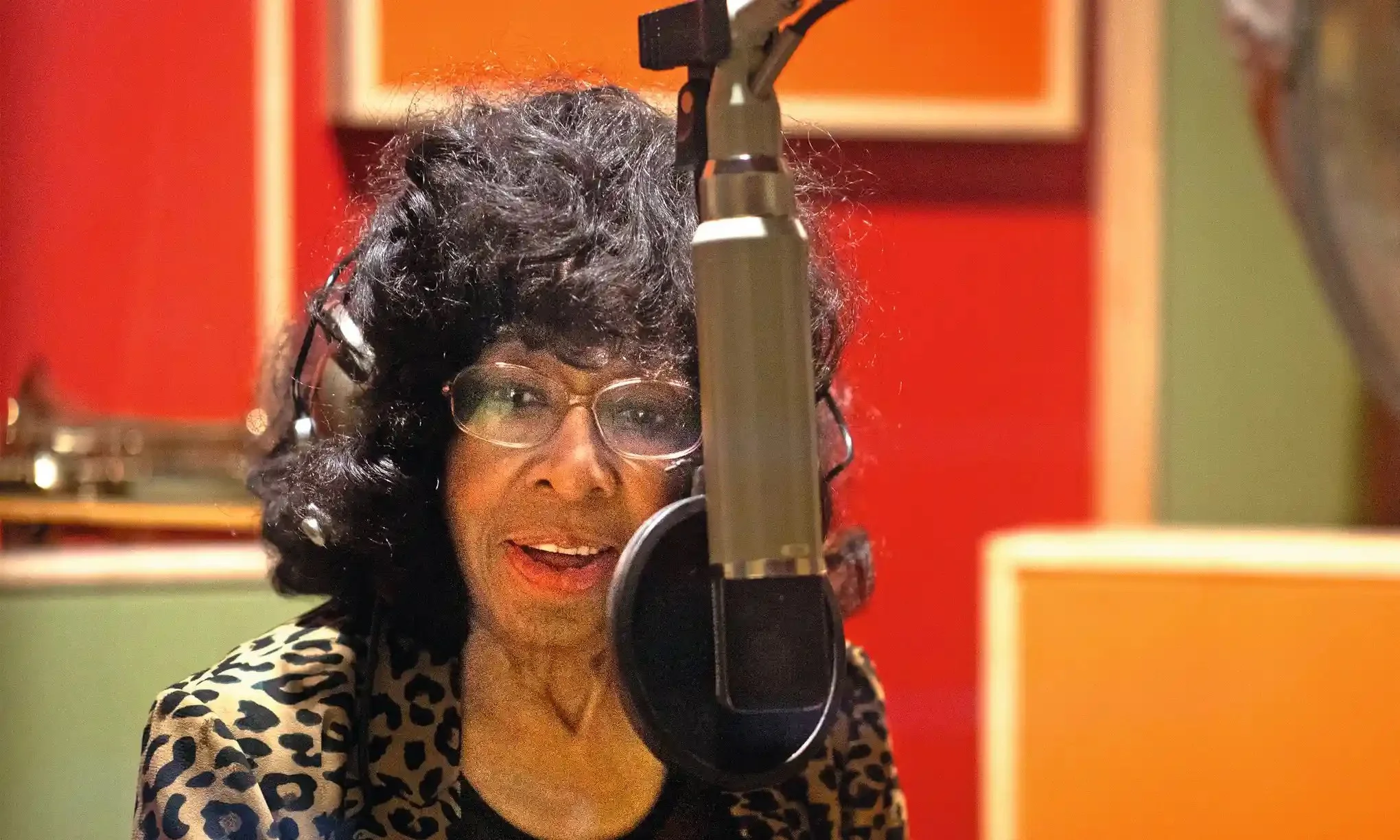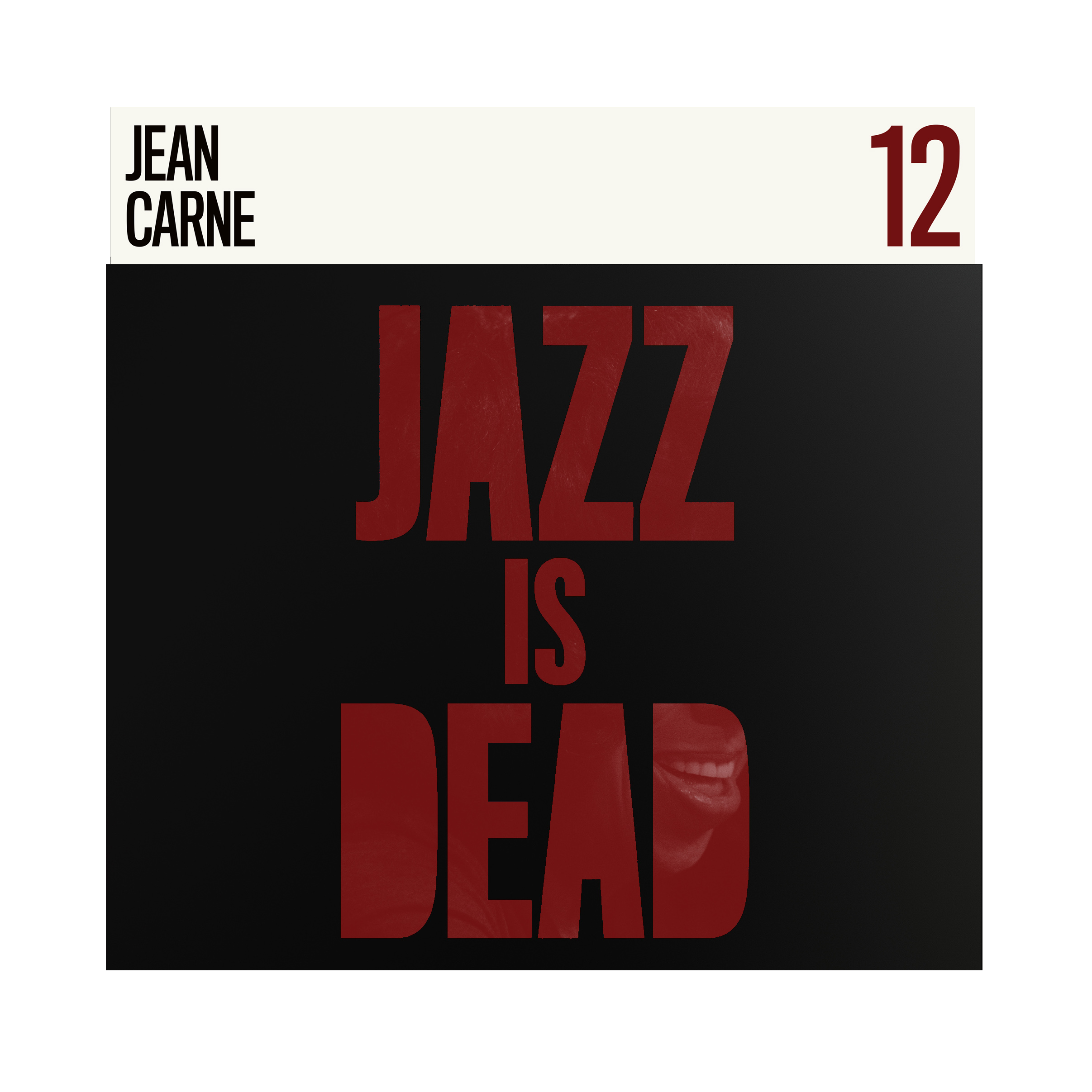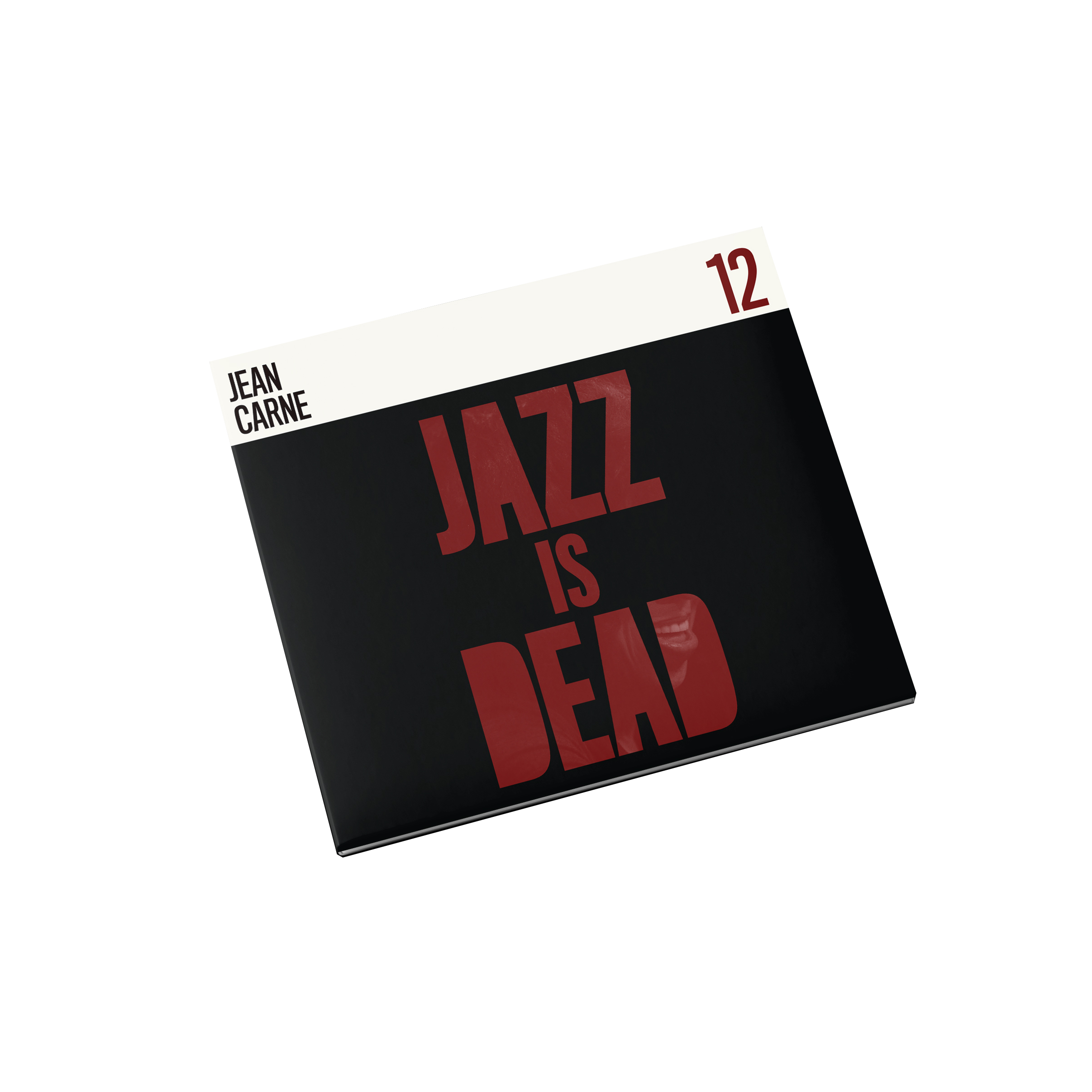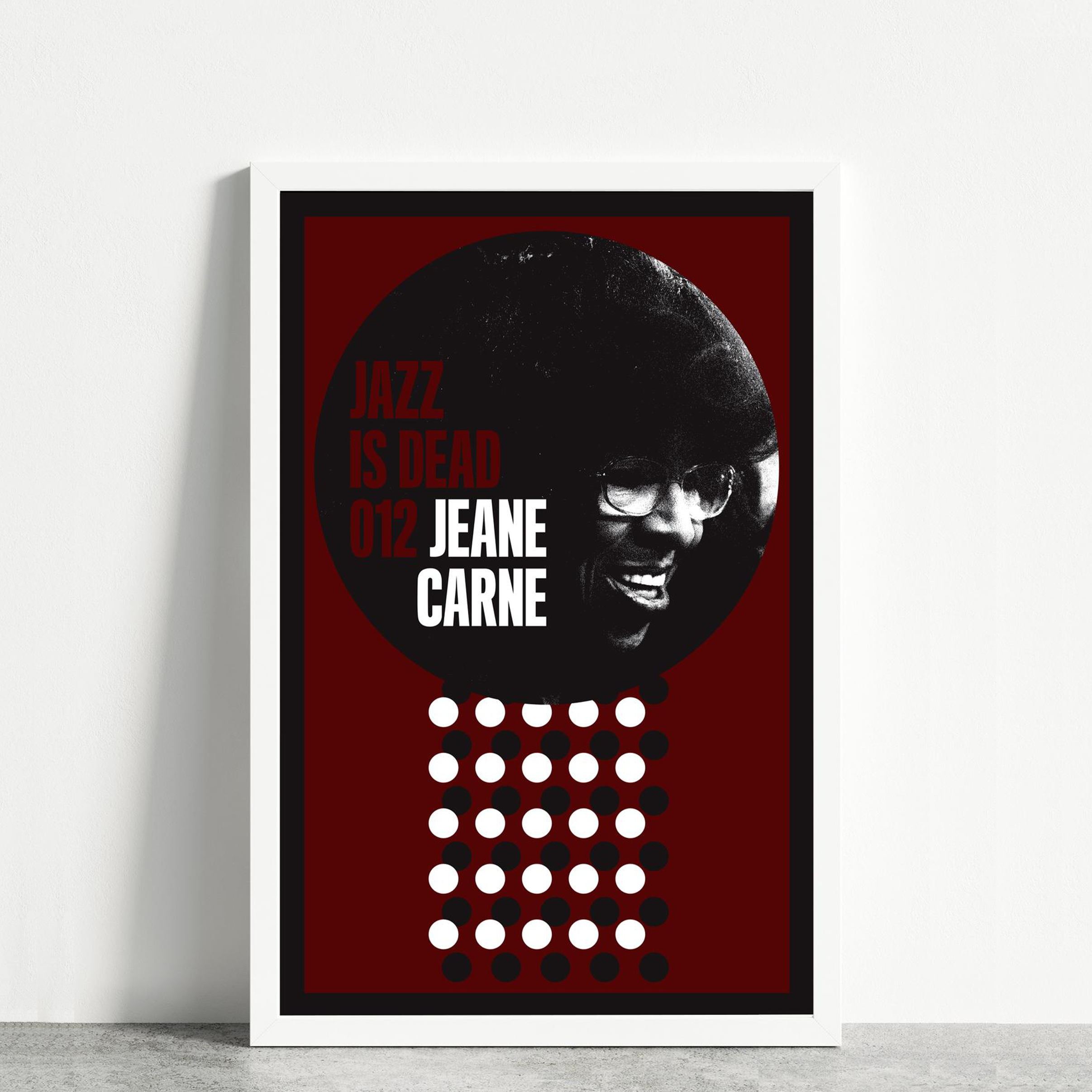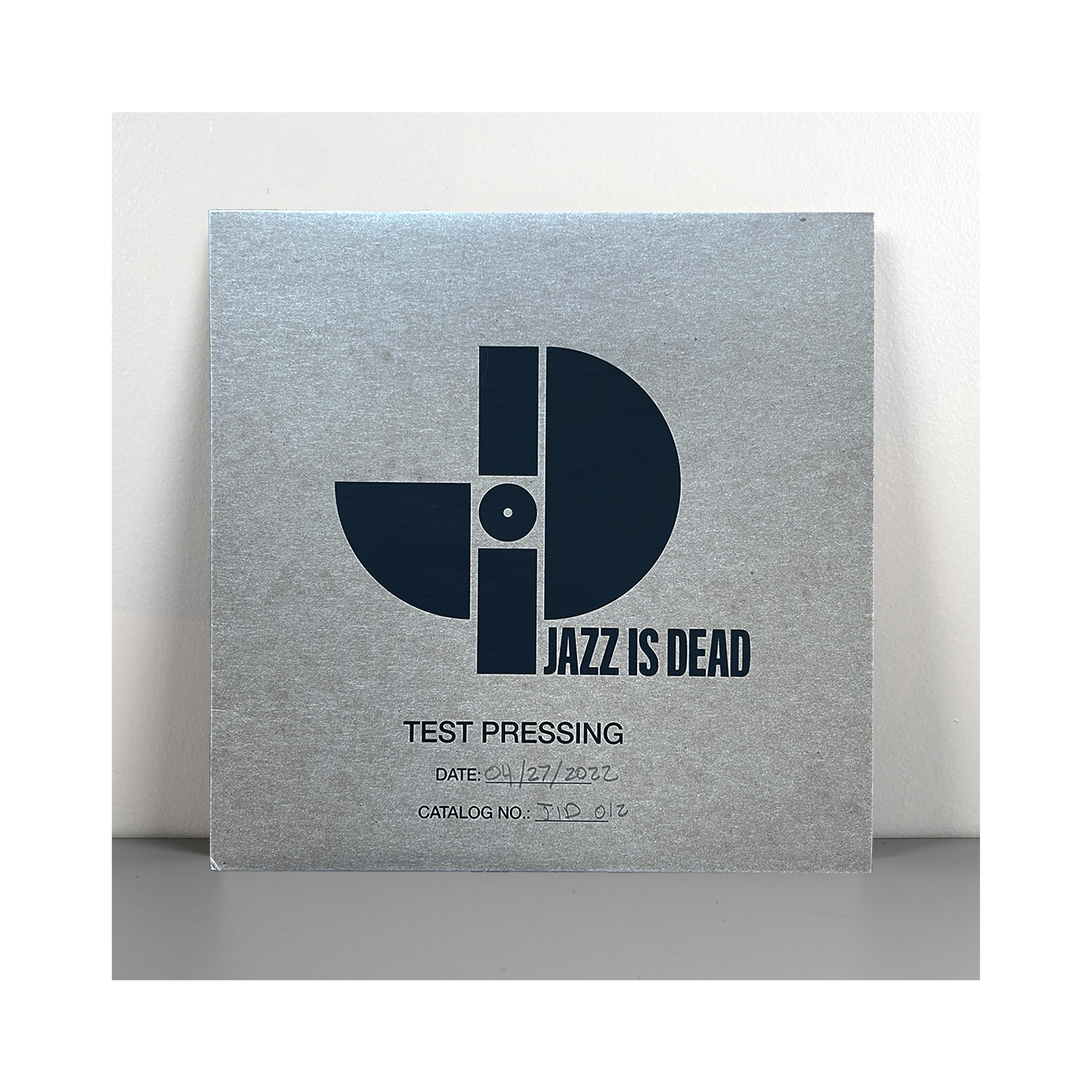JEAN CARNE
For decades, the voice of Jean Carne has been a crucial part of the American musical landscape, tying together generations of Jazz, Gospel, and R&B artists. As a solo artist, backing vocalist, and vocal coach, she has contributed to and collaborated with the likes of Norman Connors, Doug Carn, Dexter Wansel, Phyllis Hyman, Lonnie Liston Smith, Michael Jackson, and many more. At 74, she shows no signs of slowing down.
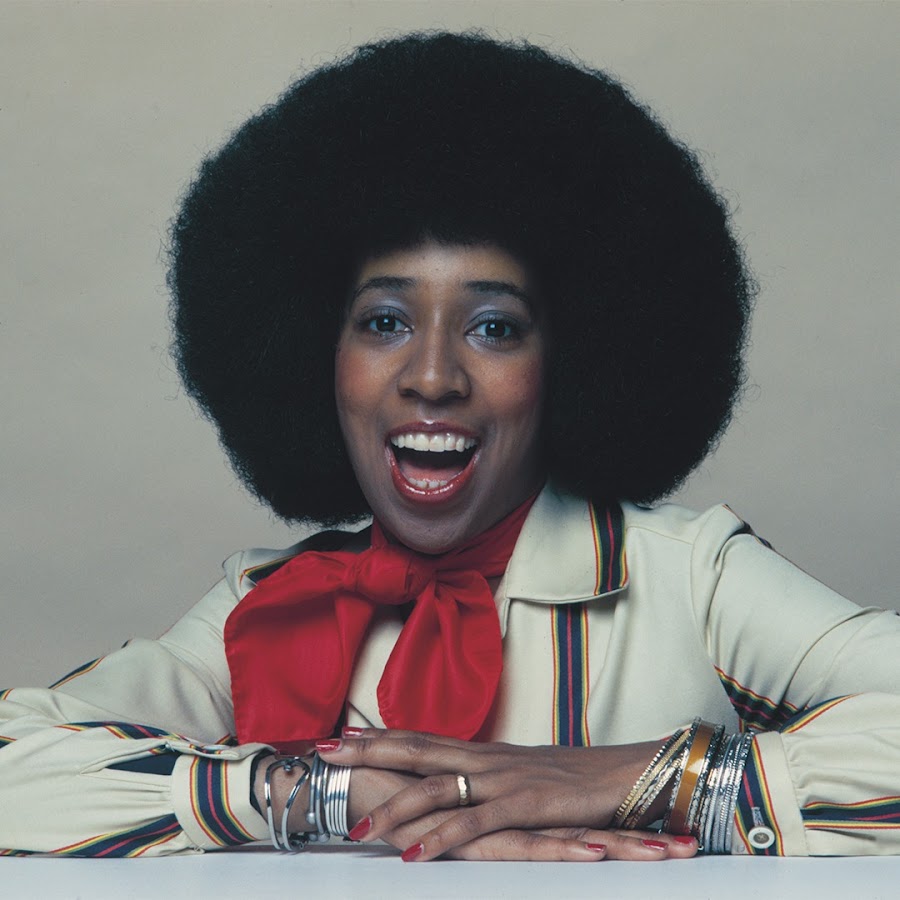
Many will recognize Carne from her output in the early 1970s, alongside her then-husband Doug Carn, for the lauded Black Jazz label. During this era of afrocentric creativity, the duo’s output found themselves at the nexus of jazz’s tectonic past decade and the fertile ground ahead. Without the constraints of genre or structure, artists such as Carne, on her Black Jazz output, began to explore and re-interpolate, continuing the tradition of jazz music as a mode of reinvention.
That same imaginative thinking can be followed into Carne’s solo output. Beginning in the late 1970s, she would release a series of albums that invited fans of Disco, Soul, & Jazz to revel and find release in her acerbic declarations of faith, loss, and love on the dancefloor. Her work with iconic arrangers such as Dexter Wansel and Norman Connors saw her expand the Philly Sound with her blend of Jazz and Gospel singing, a sound that would be carried on by one of the many singers that trained under her: Phyllis Hyman, Natalie Cole, Patrice Rushen, and Chaka Khan.
Her vocal abilities have remained the standard by her peers for decades. “Free Love”, the opener on her debut album, was a favorite of House maestro Ron Hardy, who frequently spun his remix of the track at the Music Box in Chicago. She has been sampled by artists such as Brand Nubian, Ari Lennox, Madlib, & Larry June.
Her 1990 collaboration with Lonnie Liston Smith, “Star Flower”, became a staple of the Jazzdance scene in the UK. Contemporary jazz singers, such as Cecile McLorin-Salvant, come from the same tradition of mixing and intertwining Jazz and Gospel.
JID012 represents Carne’s legacy as a musical impresario and is a testament to the power of collaboration, the influence of Black American musical traditions on pop culture, and to the ability of Jazz to be a communal energy.

